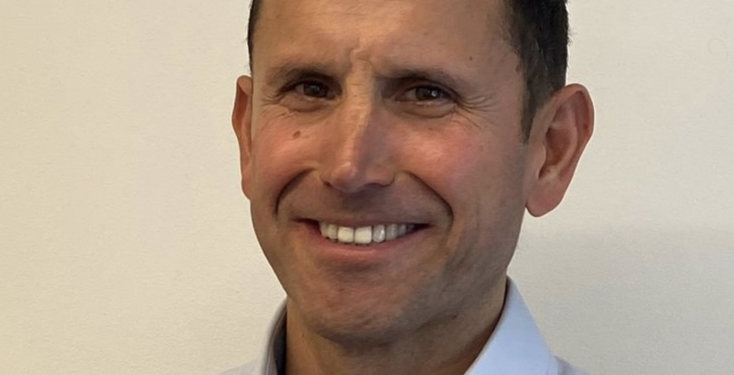The goal of bridging the advice gap is to secure the financial wellbeing of more people in the UK. If we are to stand a chance of making any headway in achieving that goal, we need to fundamentally rethink the point of access to guidance and advice. We need to focus on the workplace. We must also fully grasp, and crucially act on, the fact that people react to money emotionally, not logically. It’s a relationship and it can be a damaging one.
In short, what we need is a form of money ‘relationship counselling’ provided through the workplace.
Providing the tools for employees to start making better financial decisions is the right thing morally, and the right thing commercially. An employers’ duty of care, we would argue, extends to their employees’ financial wellbeing.
Clearly, that doesn’t mean policing employees’ spending. It’s about supporting them in gaining a better understanding of their individual relationship with money. Big businesses are finally waking up to this fact and are starting to offer money coaching for staff. Our research amongst 750 SME business owners from H2 last year shows that they want to act too – 95 per cent said they are concerned about the financial wellbeing of their employees. Yet SMEs are hamstrung by limited provision of quality services and tools that support learning about their relationship with money, coaching on how to make better financial decisions, and ensuring access to affordable FCA-regulated advice where it’s needed.
We always ask respondents which concerns staff are actually coming to them with, and again it’s clear what the biggest worry is. More than four in 10 senior SME decision makers say their employees have discussed the issue of their salary not being able to cover higher living costs – up from 30 per cent in Spring 2022. But it’s not simply the direct link between salaries and bills. Thirty-nine per cent said employees had raised issues relating to mental wellbeing, while 26 per cent said staff have raised concerns about childcare and caring for elderly relatives.
If ever there was a time to rise to the challenge of fighting for financial wellbeing, this is it. Being aware of how you feel about money and what triggers poor decision-making are fundamental to being able to survive a financial crisis and having the financial freedom to enjoy life.
The sad reality is that 30 million people in the UK can’t get the financial advice they need. When people don’t understand how they personally relate to money they leave themselves open to making poor financial decisions, such as investing in something they don’t understand – Crypto – or being won over by a discount offer or deferred financing arrangement for something they don’t need and which they can’t afford. Such purchases make the individual feel good as they provide a short-lived dopamine hit. However, the high doesn’t outlast or outweigh the longer-term impact and emotional toll of being out of pocket. Yet it’s an action repeated again and again, despite the consequences being known.
The extent of your financial wellbeing is determined by how you feel about your financial situation, not just by much you have in the bank. Not feeling in control with enough money to meet your needs significantly impacts mental wellbeing. That not only impacts the individual wellbeing of employees, in itself hugely important, but it has a knock-on effect on productivity.
So, we applaud the efforts of big brands like Aviva and Royal London who are working to support their own employees; but surely every employee should get access to the best available support across all pillars of financial wellbeing? Size should not matter here. Yet it still does.
What’s needed is a workplace solution available to all employees, no matter who their employer is or how large they are, that brings together in one place practical and hands-on support for employees which will empower them to take control of their finances and to get the most from their money –. Advisers can’t service the whole population; we see 59 per cent of people thrown out of the robo-advice journey so robo won’t bridge the whole advice gap, and it won’t address an individual’s relationship with money. But readily accessible learning, coaching, and advice through the workplace could just be the meaningful first step needed to doing more than simply talking about bridging the gap and ensuring financial wellbeing for the masses.





